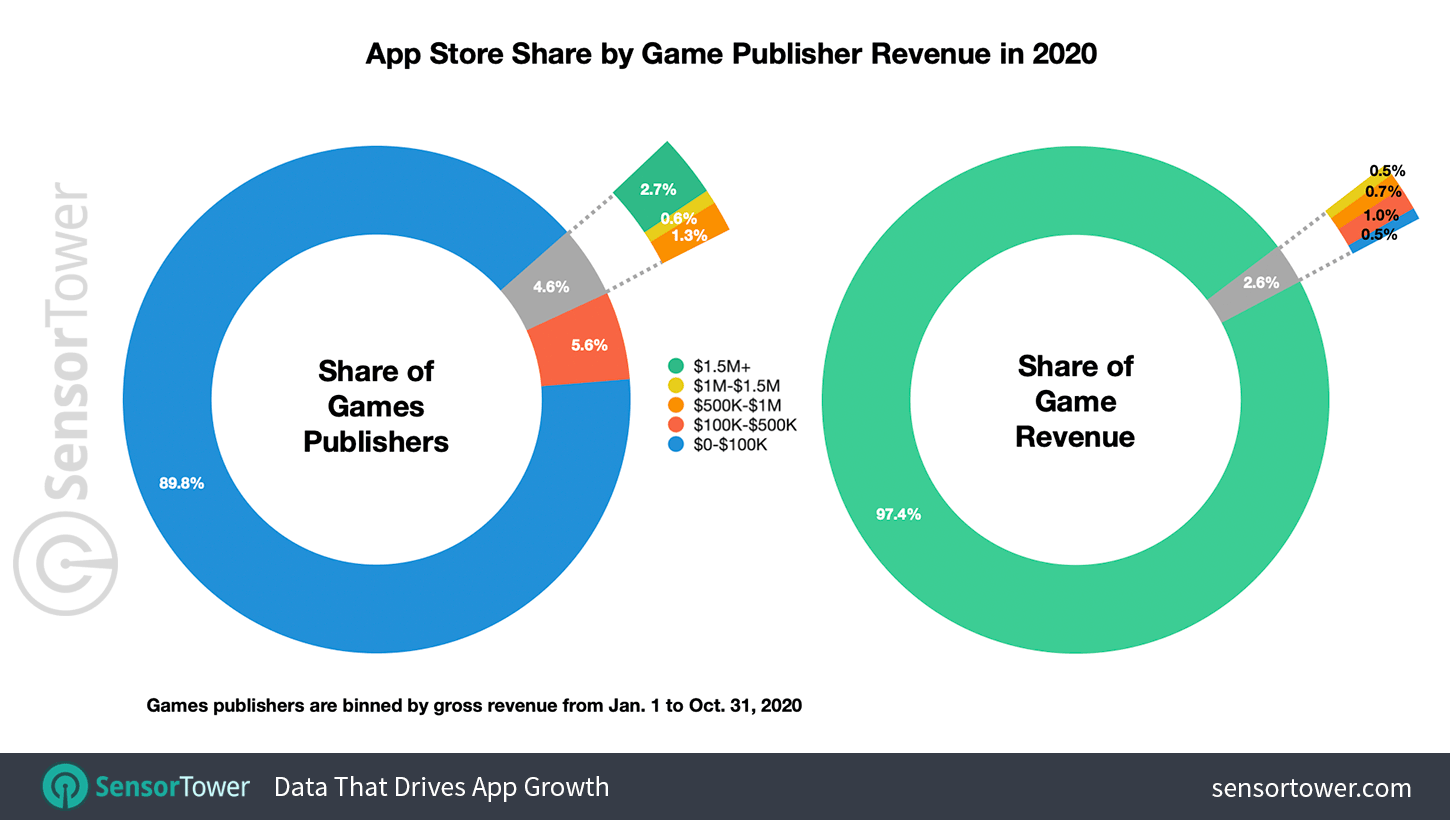Perplexity's Comet Plus announcement is either the most cynical PR move in AI history or the first genuine attempt to fix how AI companies fuck over publishers. Given that they're offering 80% revenue share while Google and OpenAI offer nothing, I think they might actually be serious this time.
The Publisher Revenue Crisis Nobody Wants to Fix
AI search is killing traditional web traffic. Why click through to a news site when Perplexity or ChatGPT can summarize the article for you? Publishers are watching their ad revenue evaporate as AI companies train models on their content without compensation. The $5/month Comet Plus subscription is Perplexity's attempt to solve this - and it's the first model that actually makes financial sense for both sides.
Here's what's brilliant about the 80/20 split: Perplexity keeps 20% for "compute costs," not profit. That's barely enough to cover their API bills to OpenAI and Anthropic. They're basically making no money on this to build publisher relationships while their competitors ignore the problem entirely.
Perplexity put up something like $42 million - actual real money, not just PR bullshit. Compare that to Google's "we drive traffic to your site" argument that's increasingly bullshit as Search gets more AI-powered.
Three Types of Traffic, Three Revenue Streams
Here's how Perplexity thinks about web traffic, and honestly, it's not completely stupid:
Human Traffic - When people manually visit websites. Publishers already monetize this through ads and subscriptions.
Indexed Traffic - When AI systems synthesize content for responses. This is where publishers have been getting fucked - their content gets used but they see no revenue.
Agent Traffic - When AI agents autonomously scan sites for tasks. This is the future everyone's building toward, and publishers deserve compensation.
The genius is recognizing that different traffic types have different values. Agent traffic might be more valuable per request than human traffic because it's highly targeted and actionable. Publishers can finally monetize AI usage instead of just watching it steal their audience.
Why This Actually Threatens Google
Google's entire business model depends on publishers creating free content that Google can index and serve alongside ads. If publishers start getting paid by AI companies for content usage, why would they continue giving Google free access?
Comet Plus launching in fall 2025 puts pressure on Google to either match the revenue share or explain why publishers should keep subsidizing Search. Google won't match 80% - their margins can't handle it. So they'll probably respond with legal threats or platform manipulation.
The real threat isn't Comet Plus subscribers - it's publishers realizing they have leverage. If major news organizations start demanding compensation for AI training and inference, it changes the entire dynamic. Suddenly AI companies need to negotiate instead of just scraping everything for free.
The Skeptical Take (Because There Always Is One)
Perplexity got caught scraping Forbes and Wired without permission earlier this year, then basically said "whoops, our bad." Comet Plus might just be damage control with a revenue share attached - pay some publishers to legitimize scraping from everyone else. The 80% revenue share sounds generous until you realize Perplexity controls how much revenue there is in the first place. Classic tech move: create the problem, then sell the solution.
The $5 standalone price seems low for premium publisher content. Compare that to individual newspaper subscriptions at $10-30/month. If Comet Plus cannibalizes direct subscriptions, publishers might lose money even with the 80% share.
The real question is whether this is actual news organizations or just desperate clickbait farms. The real question isn't whether 80% is fair - it's whether publishers are so desperate for any AI revenue they'll take whatever scraps they can get. The initial roster announcement will determine whether this is genuine publisher support or selective PR.
Will This Actually Work? (Probably Not, But Maybe)
This works if major publishers like NYT and WSJ actually join. Falls apart if it's just desperate small sites looking for any revenue. Most publishers are so desperate they'd take 20% if someone offered it. Publishers see meaningful revenue from AI usage, or individual payments become irrelevant when spread across hundreds of publications.
The real test is whether Comet Plus generates enough subscription volume to make publishers meaningful money. If that $42 million gets spread across hundreds of publishers, individual payments become irrelevant. But if Perplexity can scale to millions of subscribers, this becomes the template for ethical AI content usage.
The Broader Implications for AI and Publishing
This is the first time an AI company admitted they're stealing content and should pay for it. If successful, it creates precedent for compensating training data contributors - not just publishers but any content creator whose work trains AI models.
The timing is perfect. Publishers are desperate for new revenue streams as ad-supported models collapse. Perplexity is small enough to experiment with business models that Google and Meta can't match due to scale. If Comet Plus works, it positions Perplexity as the "ethical AI" choice while competitors look like parasites.
This either saves journalism or gives publishers false hope. We'll see. But for the first time, an AI company is putting real money behind the claim that they want to help publishers instead of replace them. That alone makes Comet Plus worth watching, even if you're skeptical of Perplexity's motives.
The initial publisher roster will tell us everything. If the New York Times, Wall Street Journal, and Reuters actually join, this threatens Google's content monopoly. If it's just desperate clickbait farms and failing local papers, Comet Plus is another AI company PR stunt with money attached.


